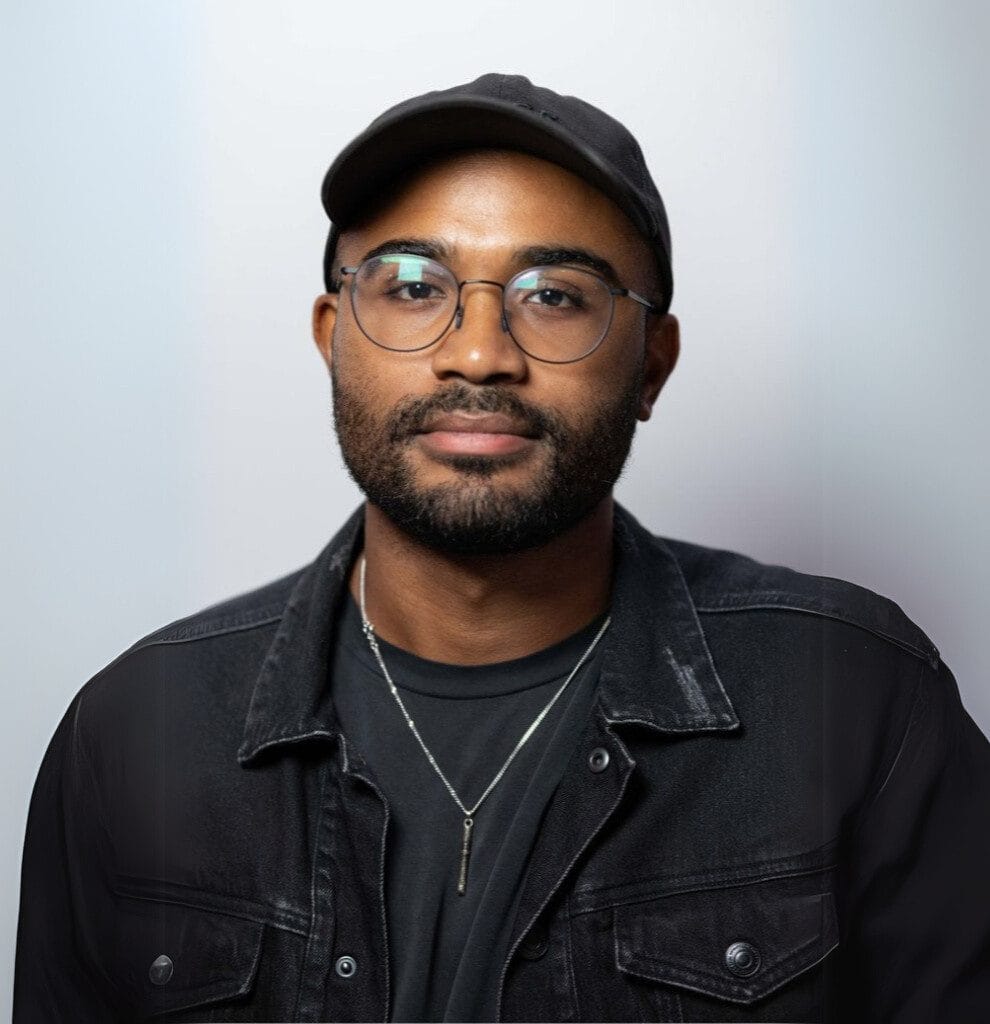Thought Leader Interview: Kenneth Thomas
On building people-first companies, surviving crises, and knowing when to let go
In our latest interview, we sat down with Kenneth Thomas, investor and operator with experience across fintech and B2B SaaS, to explore what execution really looks like in the age of AI, why storytelling is the most underrated founder skill, and how early-stage teams can avoid some of the biggest fundraising pitfalls.
Kenneth’s career has taken him from banking in New York to scaling fintechs in London, and now to investing in pre-seed and seed-stage B2B SaaS companies worldwide. Alongside backing startups, he runs one of Europe’s largest SaaS pitch competitions, giving him a front-row seat to how founders succeed—or stall—at the earliest stages.
From Banking to Venture
Can you tell us a bit about your background and what you’re doing now?
I started out in New York in retail banking, not the sexy investment banking path. Back in 2018, fintech was exploding, and companies like Better.com made me realize how financial services could be democratized. That’s how I got pulled into the startup world.
During the pandemic, I moved to London. I did two master’s degrees and worked at two fintechs; one bootstrapped, one VC-backed. At the latter, I went from seed to Series B, where we raised $281M. That experience taught me the good, bad, and ugly of overcapitalization.
In early 2023, I joined the SaaStock family when I was brought in to build BackFuture (same founder/GP). SaaStock is the largest B2B SaaS conference in Europe (with another in Austin, Texas). I focus on pre-seed and seed-stage B2B SaaS, running checks between €100k–200k. Alongside that, I run the SaaStock pitch competition, which features up to 100 startups pitching to 32 VCs. This year, we launched a €1M prize in Dublin.
Coaching and Execution
You focus on pre-seed and seed B2B SaaS. Are there industries you lean toward—or avoid?
We’re founder-focused. At this stage, execution is the true defensibility nowadays. Especially in the AI era, where barriers are lower, the best executors win.
So we look for deep domain expertise. For example, we backed a founder who was CPO of an air cargo company and worked at McKinsey’s aviation practice. He’s now building “the Amadeus for Air Cargo.” That’s someone who knows the space inside-out.
We’ve also supported founders in logistics for the alcohol industry; people who built brands themselves and understand the infrastructure challenges. They’ve since signed Diageo and Brown-Forman.
The key is founders who speak the language of their industry. Outside classic SaaS, you need that credibility.
You’ve said execution is what really matters. What role does coaching play in that?
I’ve seen it make a huge difference. Some founders are brilliant technically but struggle commercially. Coaching helps them learn how to close and retain deals. I’ve watched quality of pipeline and deal velocity improve significantly with the right support.
On the flip side, I know founders who are great commercially but need help leading technical teams or setting product roadmaps. Coaching helps them move with intention and avoid wasting time, which is critical because every week lost is a week your competitors gain.
How do you personally assess a founder’s ability to execute?
The easiest signal is investor updates even before you’re raising. Start writing them early. Show how you’re identifying problems, solving them, and moving forward. That consistency tells me you’re serious.
I also avoid pitch theater. Send me your deck ahead of time, and let’s have a real conversation. If you can’t sell your vision in a conversation, how will you sell to customers, employees, or partners?
Ultimately, revenue is proof, but before that, I’m looking for traction in the form of customer conversations, design partners, and learnings. Execution shows up in motion, not just ideas.
Advice for Founders
What challenges do you see most often in early-stage founders?
Storytelling. Especially in Europe, founders are great at explaining what they’re building but not why anyone should care.
I’ve had founders make me care about air cargo and alcohol logistics, two industries I never thought twice about. They did it through clear problem statements and relatable examples. That’s what too many founders miss.
As I often remind people: “A million deaths is a statistic. One death is a tragedy.” Don’t just tell me the market size. Show me what it feels like for one person to have the problem. That’s what makes it real.
What’s your view on founders using fundraising advisors at the early stage?
I’m strongly against it. If I get an email from someone “representing” a founder, it’s an automatic no. Fundraising is sales. If you can’t sell me, how will you sell customers, employees, or partners?
Beyond that, most of these advisors are working with multiple clients. You’re paying a lot for what often ends up being generic outreach. Building investor relationships yourself is slower and harder, but it’s the only way to build credibility and trust.
There are rare exceptions (less than 1% of cases), but as a rule, early founders should avoid them.
What advice do you repeat most often to founders?
Distill your problem statement to two or three sentences. If you can’t do that, something’s off.
Talk to customers constantly. If you’re not, you don’t know if you’re building in the right direction.
And remember, execution beats everything else. Move fast, move intentionally, and keep learning.
Connect with Kenneth via LinkedIn or the Backfuture VC Website.






Wow, the part about the good, bad, and ugly of overcapitalization really stood out to me, that's such a nuanced and important take away. Do you think AI tools could help pre-seed startups better navigate those financial waters and maybe avoid over-raising to begin with?